Asvanyvizek.hu
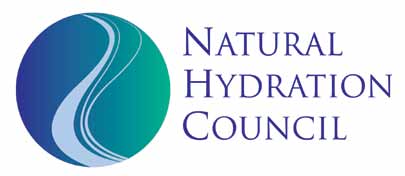
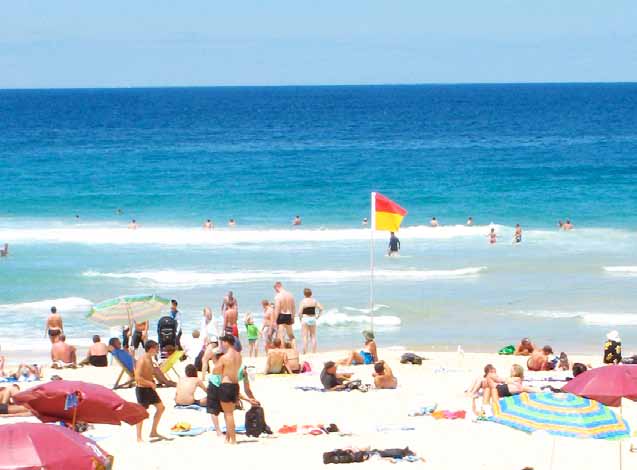
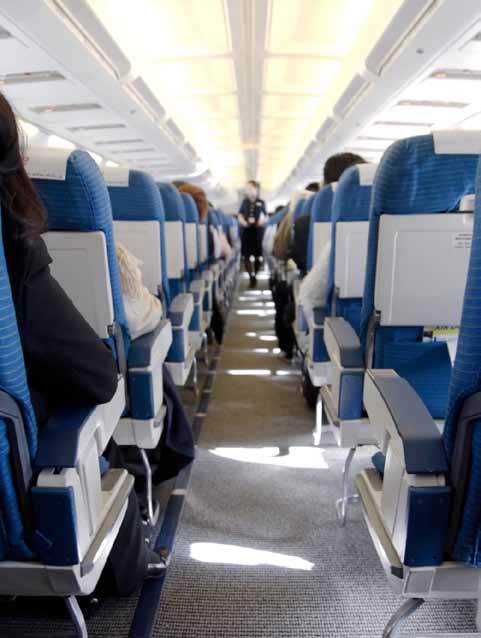
Whilst on Holiday
69 million of us travel abroad from the UK annually. While Spain and France are the most popular destinations (about 36% of all visits)1, we are becoming increasingly adventurous about holidaying in further flung, more exotic locations. Holidays are usually a time to relax and enjoy ourselves but to do that we need to avoid the common pitfall of dehydration which can leave us with headaches, feeling tired, dizzy and grouchy2.
Travelling and hydration
Travelling can contribute to dehydration, particularly on long-haul flights, the circulating air in aircraft cabins and lack of humidity causes moisture from our bodies to evaporate at a quicker rate than normal. This may be one of the causes of ‘travel fatigue' that is often reported by long haul travellers.3
Scientists also think that low humidity in the aircraft and dehydration, combined with long periods of cramped sitting, may increase the risk of developing blood clots in the legs - travel-related thromboembolism. Those most at risk are people aged over 60 years, those with a history of blood clots and women taking oral contraceptives, particularly if travelling on flights lasting more than 12 hours.4
Drinking plenty of water before and during the flight and keeping intakes of alcohol, tea and coffee to a minimum will help to prevent signs of dehydration such as dry skin, tiredness and headaches and will go some way to helping you arrive at your destination feeling more refreshed.
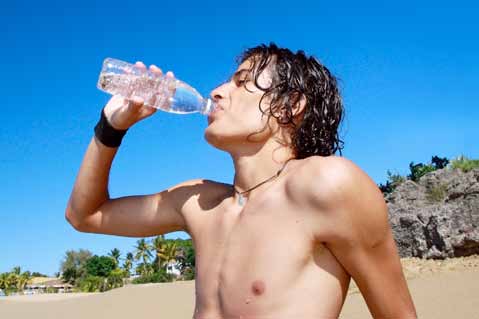
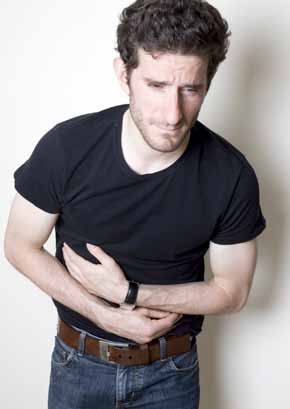
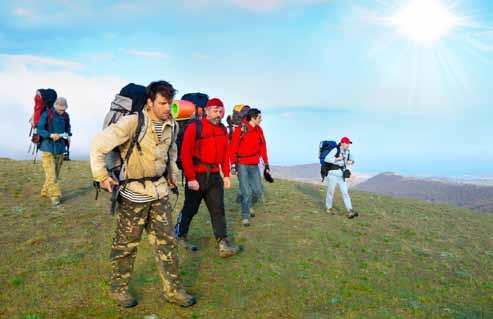
Alcohol and hydration
Climate and hydration
While on holiday, the surrounding temperature can affect your water requirements. Heat-stroke can be a life-threatening illness, defined as a body temperature over 40 degrees Celsius (normal core body temperature is 37ºC). Although there are many factors that contribute to heat-stroke, including pre-existing illness, older age and lack of acclimatisation to heat, dehydration is also a possible contributing factor.10 Water should therefore be consumed at regular intervals throughout the day and evening when visiting hot climates, and care taken to limit exposure to the hot sun, especially in the middle of the day.
When we are on holiday our behaviour may change. Research shows that social barriers come
Equally, colder climates can be deceptively
down and alcohol intakes increase, particularly
dehydrating, particularly when physical activity is
amongst young holidaymakers.5 Alcohol is also a
involved. When enjoying activity holidays such as
strong diuretic; the consumption of strong alcoholic
skiing or climbing, we may not feel thirsty even though
drinks should be balanced with the consumption of
our fluid requirements may not have changed or may
enough water to prevent dehydration.6
indeed be higher. Sipping water at regular intervals when visiting colder climates will help to make sure
Generally, it is worth following sensible drinking
that we replace any lost fluids.
recommendations for alcohol. That is, no more than 2-3 units (16-24g) of alcohol per day for women and no more than 3-4 units (24-32g) alcohol each day for men.7 Water should also be the main beverage choice for the day.8
A hot climate and altered drinking patterns i.e. drinking more alcohol earlier in the day, can together lead to alcohol withdrawal symptoms which affect our physical and mental performance9– not the best combination for an enjoyable holiday!
Travellers' diarrhoea
Travellers' diarrhoea may be caused by exposure to different types of bacteria or viruses at the chosen destination; not all local water supplies are clean and therefore may be the cause of diarrhoea in the first place. You should always check if the local water is clean and safe to drink, if not, the recommendation is to drink water from a sealed bottle. The risk of travellers' diarrhoea is around 7% in developed countries and 20-50% when visiting developing regions. In addition to diarrhoea, watch out for nausea and vomiting, both of which contribute to increased fluid losses.
If you fall prey to diarrhoea, it is essential to keep hydrated. As a rule drink one glass of water for each visit to the bathroom and make sure the water is from a clean source or from a sealed bottle of water. If you have severe diarrhoea, it is a good idea to consume an oral rehydration solution. Oral rehydration solution consists of a little salt and some sugar which improves the rate of water absorption. You can buy packets over the counter in most
chemists and it is very sensible to have a supply, particularly if you have young children. With young children it may be necessary to spoon feed them fluid.11
Most diarrhoea is self-limiting and improves without antibiotics. However anti-diarrhoea drugs such as loperamide (Imodium) are helpful in controlling attacks in adults. If symptoms persist seek medical help.
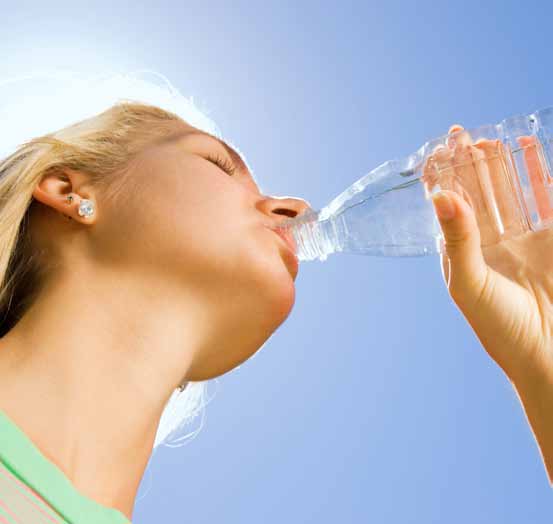
Top Tips for Holiday Hydration
1. Make sure you drink enough water before
2. Once on the aircraft, opt for water rather than
alcohol, which may exacerbate water losses.
3. Make sure you always have a bottle of water
to hand whilst at the airport or on the aircraft to sip throughout your journey (although airport security rules concerning fluids should be followed).
4. On hot days when you are on the move or
on the beach make sure you have access to enough bottled water.
5. Before drinking alcohol make sure you are
adequately hydrated. Start with a glass of water before moving onto alcoholic drinks. Always consume water or a soft drink between alcoholic drinks.
6. Whilst on holiday drink regularly and also
when you feel thirsty. As a guide you should aim to drink 6-8 glasses (1.2 litres) of water per day as recommended by the Food Standards Agency. When accounting for water from foods that equates to about 1.5-2.0 litres of fluid per day.6
7. When travelling in Africa, Asia or South America only drink bottled water and check that the seals on the
bottles are intact when you buy it.
8. Be cautious about having ice in your drinks, unless you know the source of water used.
9. Should you suffer from food poisoning, or travellers' diarrhoea whilst on holiday make sure that you re-
hydrate with water and electrolytes (salts). Packing oral re-hydration capsules or sachets (available from most chemists) that can be mixed with bottled water is always a good contingency plan.
10. When going on family holidays make sure that children always have access to a supply of clean water.
Other fact sheets in this series
Natural Hydration Council
The Essential Guide to Hydration
Banana Warehouse, 1 Mercer StreetLondon WC2H 9QJ.
Water and Weight Management
Hydration vs. Hangover
National Statistics Office (2008) International Travel. Available at: http://www.
Grønbaek M (2009) The positive and negative health effects of alcohol- and the
statistics.gov.uk/cci/nugget.asp?id=178 (accessed April 2010).
public health implications. Journal of Internal Medicine 265(4), 407-20.
Mayo Clinic (2008) Dehydration Symptoms. Available at: http://www.
British Nutrition Foundation (2010) Healthy Hydration Guide. Available at:
(accessed April 2010).
guide (accessed April 2010).
Reilly T et al. (2009) Some chronobiological and physiological problems
Prat G et al. (2009) Alcohol hangover: a critical review of explanatory factors.
associated with long-distance journeys. Travel Medicine & Infectious Diseases
Human Psychopharmacol 24(4), 259-67.
10. Yan YE et al. (2006) Pathophysiological factors underlying heatstroke. Medical
Schobersberger W et al. (2009) Travel-related thromboembolism: mechanisms
Hypotheses 67(3), 609-17.
and avoidance. Expert Reviews of Cardiovascular Therapy 7(12),1559-67.
11. Institute for Child Health (2010) Tummy bugs. Available at: http://www.ich.ucl.
Hesse M et al. (2008) Party package travel: alcohol use and related problems in
a holiday resort: a mixed methods study. BMC Public Health 8,351.
(accessed May 2010).
Benelam & Wyness (2010) Hydration and health: a review. British Nutrition Foundation Nutrition Bulletin 35, 3-25.
Written by Dr Emma Derbyshire PhD, RNutr. Independent Nutrition Consultant
Source: http://www.asvanyvizek.hu/js/tinymce/plugins/filemanager/files/efbw/Hidratacio_a_szabadsag_alatt.pdf
Preventing Drug Overdoses in Oklahoma Drug overdose deaths in Oklahoma have risen sharply during the past decade, according to Oklahoma City Addiction Medicine physicians Hal Vorse, MD, and Billy Stout, MD. Between 2002 and 2010, the Oklahoma Bureau of Narcotics and Dangerous Drugs Control (OBN) reports the number of overdose deaths in the state rose from 470 to 814 per year. Preliminary data indicates there were at least 795 drug overdose deaths in Oklahoma in 2011. Seventy-seven percent of the deaths were due to the use of prescription drugs in combination with other prescription drugs or alcohol.
Hilotherm Efficacy in Controlling Postoperative Facial Edema in Patients Treated for Alessandro Moro, MDS, Giulio Gasparini, MDS, Tito Matteo Marianetti, MDS, Roberto Boniello, DMD, Daniele Cervelli, MDS, Francesco Di Nardo, MD, Francesca Rinaldo, MDS, Vittoria Alimonti, DMD, and Sandro Pelo, PhD Background: A cooling system based on polyurethane preshaped Combined use of glucocorticoids and nonstreoidal anti-






